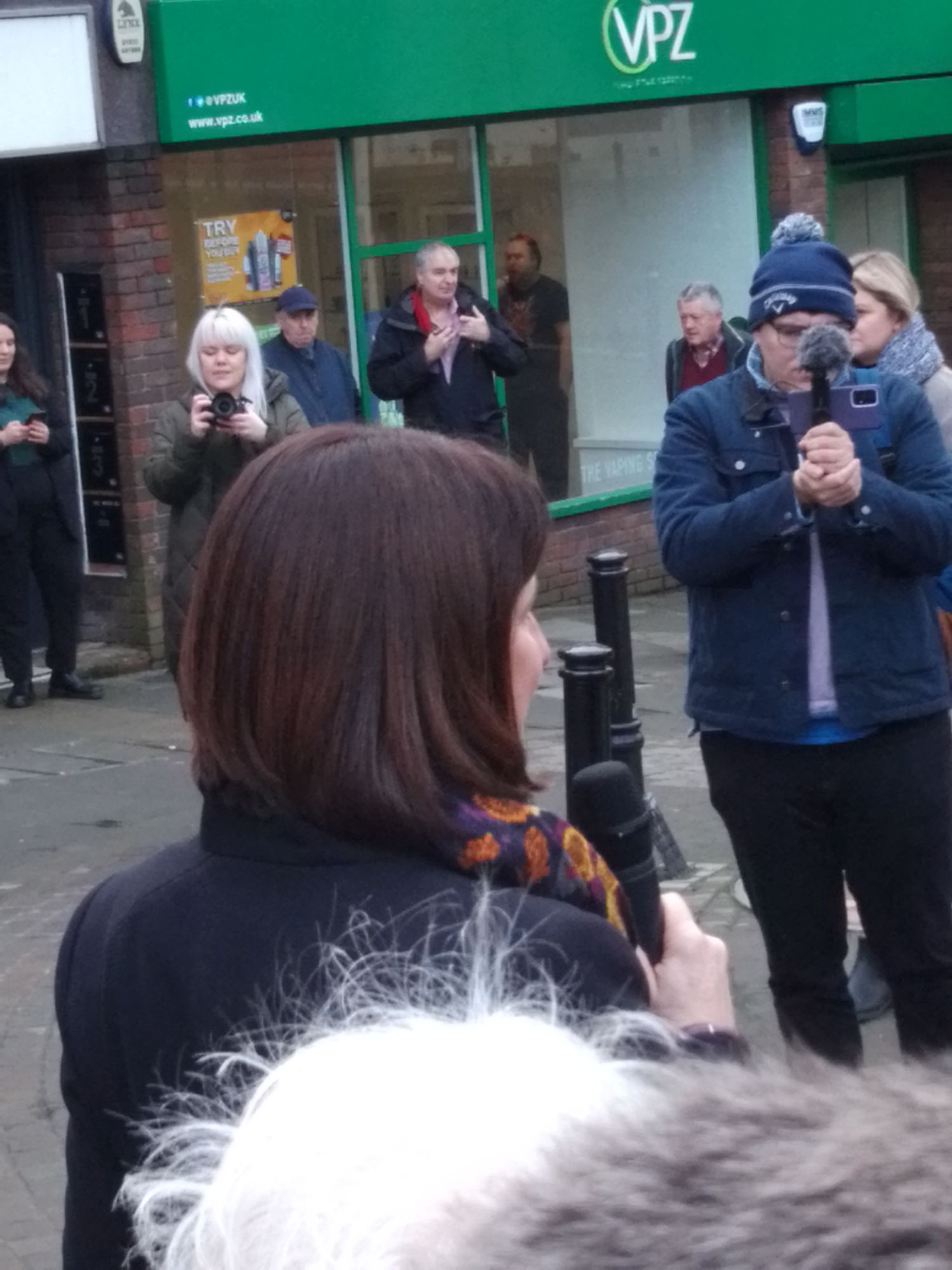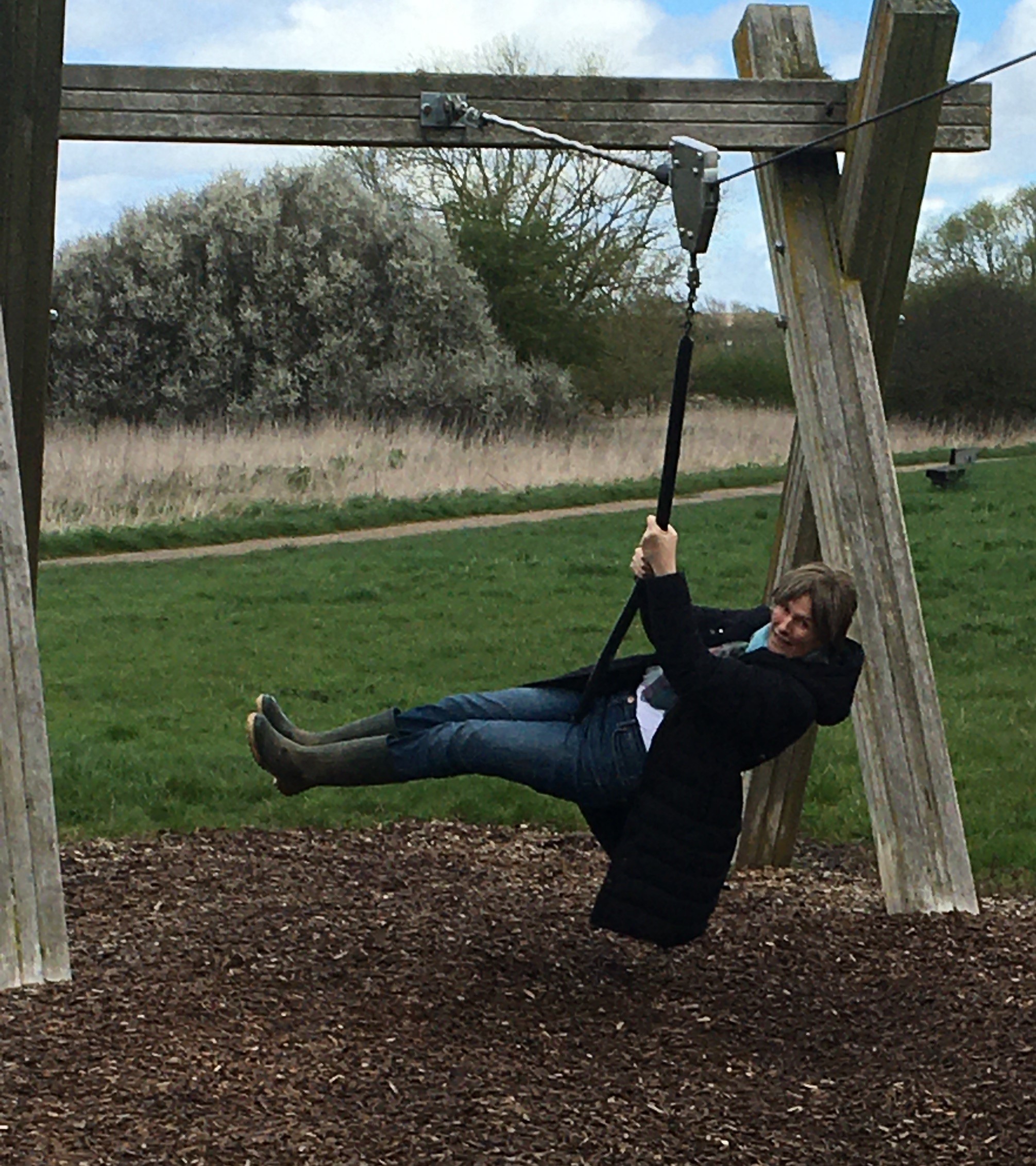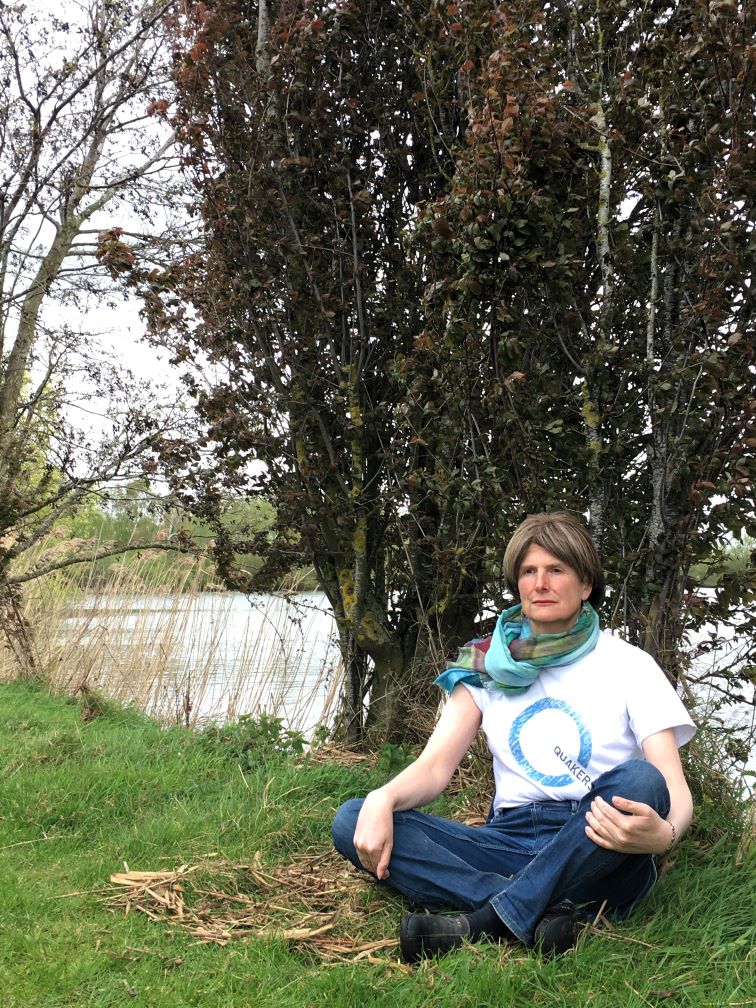My friend did not share because he would have been performing. I started in performance, and then came to speak more softly, from a vulnerable part. Are these parts of me in conflict?
There is a part that is a performer, that revels in attention and applause. I made an acrostic from my name with affirming words: I have authenticity bravery integrity grace anger intelligence Love. On stage, I affirmed myself. Then I spoke from a softer side, only to say that I can speak from that. Then I looked round the hundreds in the auditorium, and acknowledged their applause, delighting in it.
A one-word title can reveal aspects of these parts of myself. They are vulnerable part and Performer. Neither is inauthentic, just because it is not the other. Each is expressing part of my true self.
I love an audience. I want to inform, entertain, and be appreciated. So I write here. That part of me can seem confident, though in childhood it was shamed out of consciousness much of the time. In ACA, we see the true self or inner child as crushed behind a people-pleasing façade, so it is easier to identify it with that part which speaks softly from a vulnerable sense of communicating my feelings. The Performer in me, enjoying rapport, gains in confidence as it gains practice. It too was crushed, in fear, when I was a child.
ACA values speaking from Self because generally we have crushed our inner Selves. The group gives a space where Self can be nurtured. I want to heal the wounds of Self. I want to please others without sacrificing Self. We might imagine the Performer is part of the façade rather than part of the True Self. It feels confident where the vulnerable bit is not, it feels extravert where the vulnerable part is introverted, masculine when, speaking from the vulnerable part, my voice goes higher and it feels feminine.
When I named other parts Stretcher and Protector, I reconciled them. I hate conflict, and work for reconciliation among other people: I may be able to reconcile parts of myself. Each are acting in my interests as they perceive them.
Perhaps, under it all, I am both vulnerable and confident, introvert and extravert, masculine and feminine. I want a place where that vulnerable part can express itself and play, and Performing has value too. ACA might call the Performer the Inner Teen. Just because they appear so different, does not mean they are in conflict.
ACA gives a space where the vulnerable part may be nurtured, perhaps more than the Performer. The Performer is still Authentic. Nothing I do is inauthentic. It may be hurting, blind, or desperate. It may be suppressing certain aspects of myself to meet more pressing needs. It may create conflict in myself. But it is all Me, all the flow of the biological process I call Abigail. Some of the atoms, some of the ideas are different from last week and a lot are different from twenty years ago and it is still given these names. And some of the things the process does surprise or distress parts of that process. Those parts may judge those acts or thoughts, and produce condemning words.
Condemnation is part of my process understanding itself. The process, I believe, grows and adapts. It is my experience that great distress- trauma- freezes responses, locks away alternatives which might be valuable at another time. The strongest judgment and repression comes from traumatised parts.
There is a Performer, which entertains, persuades, communicates. There is a vulnerable part, which feels feelings deeply, and can express feelings. Both are loving and creative, both authentically Me. I will nourish and cherish both. I seek balance of all my inward parts.












